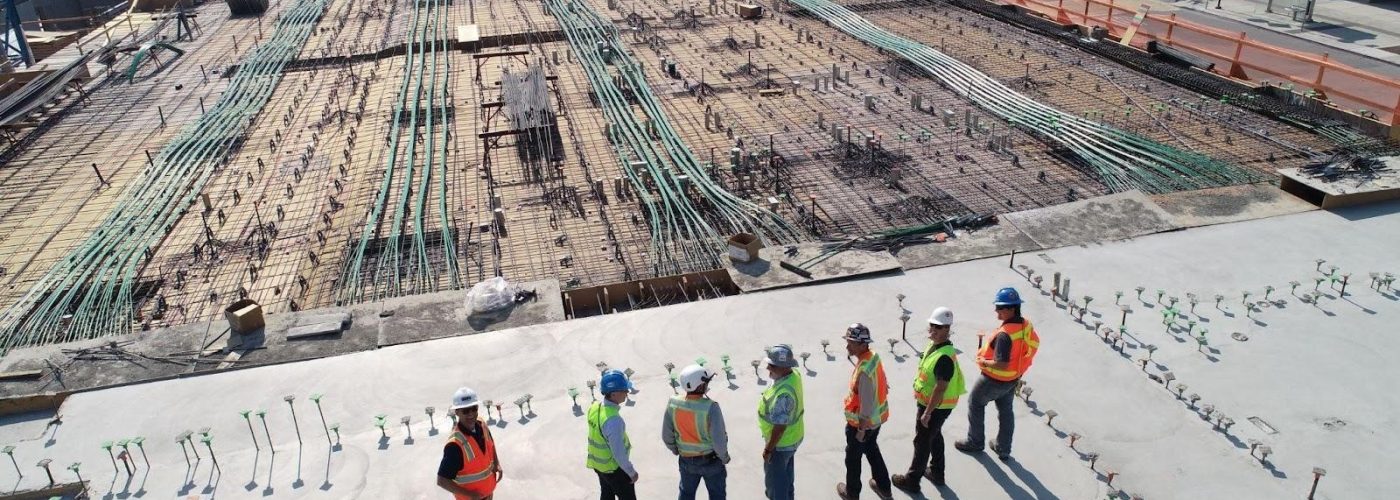The oil and gas industry is one of the biggest globally at the moment, so it’s hard to ignore. In fact, the options available in the oil and gas construction industry are so varied that a career in the field is such an exciting prospect with plenty of room for growth.
If you’ve been considering starting a career in this field, you might ask yourself: Which path should I take? Whether you’re looking to work in an office or get your hands dirty on the front lines, the oil and gas industry has something for everyone.
Let’s take a look at some of your options.
- Welding
Welding skills are essential in the oil and gas construction industry, and welders are always in demand. Welders are responsible for joining metal pieces together by melting and flowing metal.
Although most welders start with blue-collar jobs, they often advance into higher-paying positions requiring more technical expertise. As a welder, you can be trained on the job or through an apprenticeship program, but it’s best to have some experience already.
To move beyond entry-level work and into higher-paying pipe or structural roles on oil and gas projects, formal schooling can accelerate your readiness. Programs that cover welding fundamentals, GMAW/FCAW, structural and pipe welding, and offer hybrid, night or weekend schedules are ideal for working adults in the Southwest. Phoenix-area candidates can explore welder training in AZ to gain hands-on practice and employer-aligned preparation.
- Operating Engineers and Other Construction Equipment Operators
Oil and gas production is a highly technical field, but there are plenty of opportunities for people with less than stellar math skills. For example, operating engineers can find work in the oil and gas industry. However, they will need to pass certification exams such as the OSHA for professionals.
Operating engineers operate heavy equipment on construction sites. They may be hired by contractors or work directly for the oil company. If you’re considering a career in this role, you’ll need good manual dexterity, strength, and eye-hand coordination. They also need to read blueprints and understand instructions well enough.
- First-Line Supervisors of Construction and Extraction Workers
When it comes to considerations with regard to Oil and Gas Production as a career, the first line of supervisors of construction trades and extraction workers is an excellent place to begin. This role offers upward mobility opportunities in the industry, and that’s one of the key reasons for considering a career in the oil and gas sector.
First-line supervisors coordinate, direct and supervise workers engaged in construction or extraction activities. They work under general supervision but have considerable autonomy to independently plan and carry out some activities.
In addition to supervising these workers daily, these supervisors are responsible for budgeting their time, keeping track of expenditures, and ensuring that projects stay within budget. A bachelor’s degree in construction management or a related field is usually required for this position.
- Wastewater Treatment Technician
Also known as water treatment plant operators, these technicians are responsible for maintaining and operating a water treatment facility. They usually work in a large facility or plant, where they monitor and control the quality of the water that passes through the plant.
Wastewater treatment technicians may be required to operate pumps, valves, and other equipment to ensure that the wastewater is treated properly. They may also need to monitor levels of chemicals used to treat wastewater or check for contamination or leaks within the system.
The work is physically demanding and typically involves working long hours in all weather conditions, so you must be able to lift heavy items such as hoses and tanks.
- Roustabout
Lensa wrote a piece regarding considerations with regard to Oil and Gas Production as a career, and Roustabout roles are one of the relevant options in the industry that made the list. Roustabouts are responsible for loading and unloading drill rigs. They also provide support to the rest of the crew, including moving equipment and setting up camp.
The job requires a high level of physical strength and endurance and the ability to work in various conditions. The pay is good, but roustabouts are often on the road for extended periods. In addition, most work involves lifting heavy tools and equipment, so you’ll want to be in good shape before applying for this position.
- Instrumentation & Electrical Technician
Instrumentation technicians work on the design and installation of industrial measurement systems or instruments. These technicians often work in oil refineries and chemical plants. As an electrical technician, your focus will be on wiring and electronics maintenance. They also install and repair electrical equipment in homes, buildings, and vehicles.
Both positions require specialized training to enter the field as an entry-level technician or apprentice, so you’ll need to acquire relevant training and certifications to get up and running in this role.
Conclusion
Overall, the construction industry is a great place to start your career in oil and gas production. Not only will you be exposed to a variety of work environments, but you’ll also have a wide range of educational opportunities to choose from – not just for degrees but certificates and licenses.
Hopefully, our guide has helped demystify some of the options that are out there and assist you in figuring out which ones are right for you as you start your career in oil and gas.





